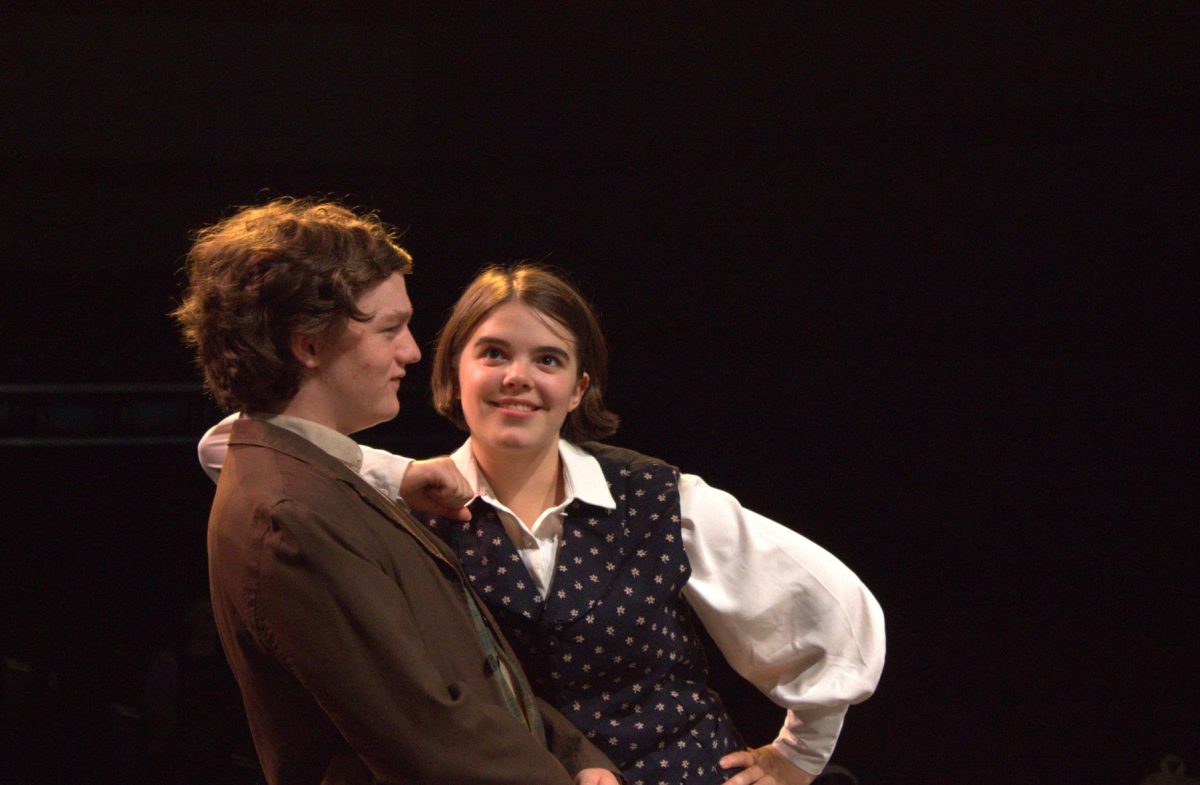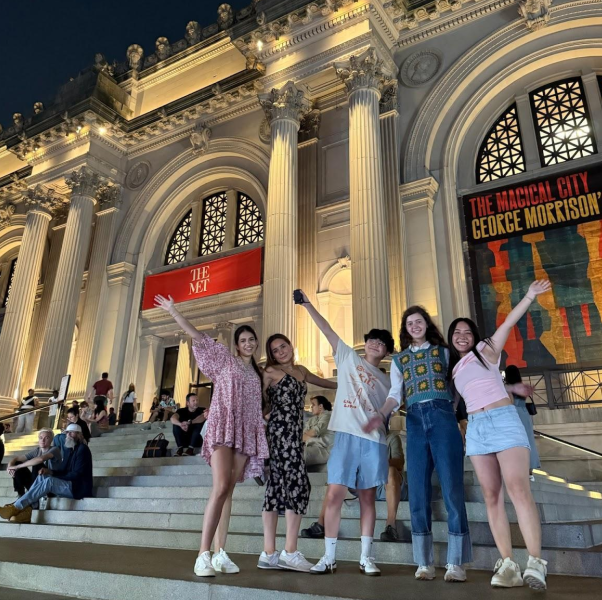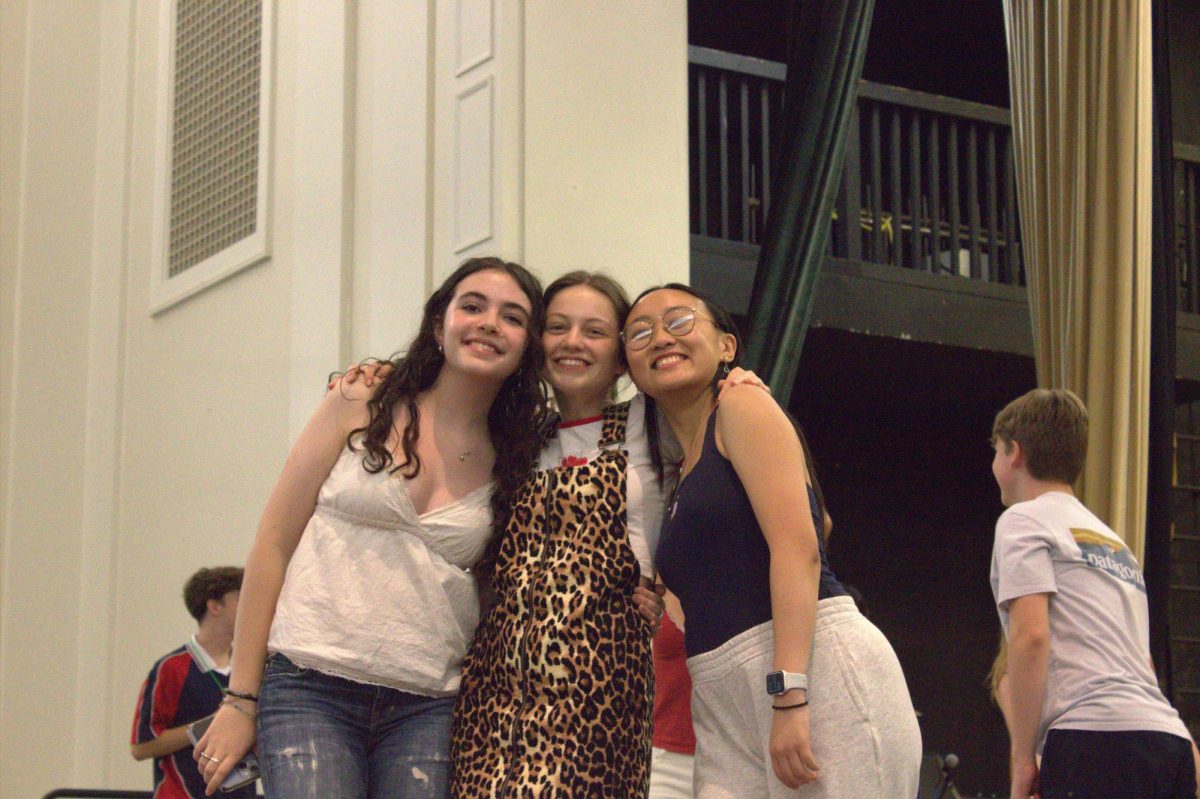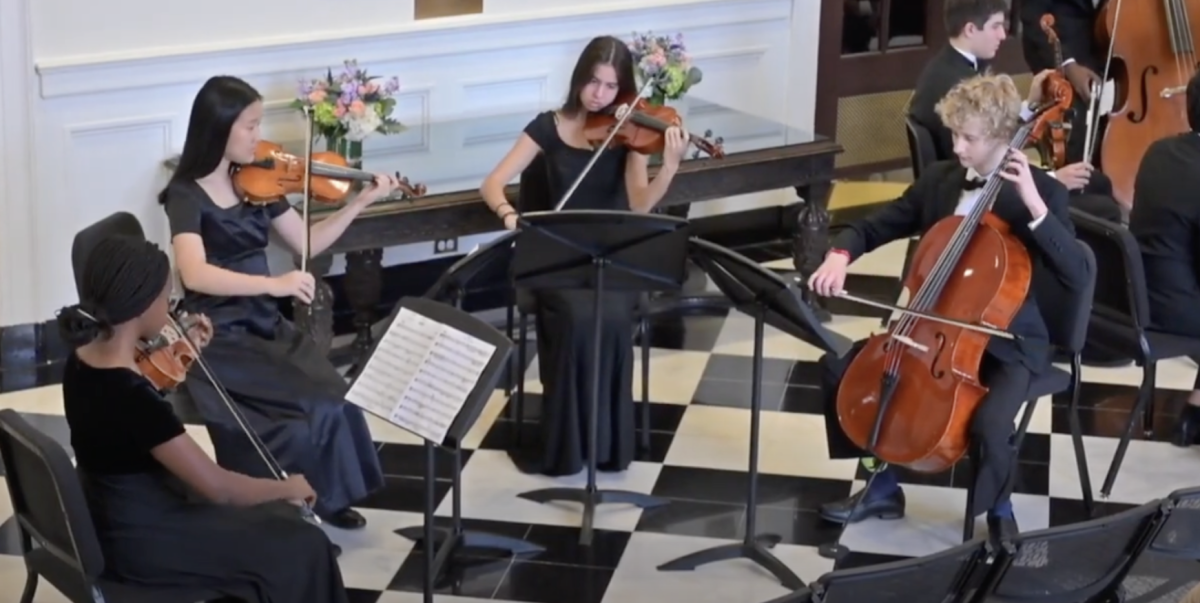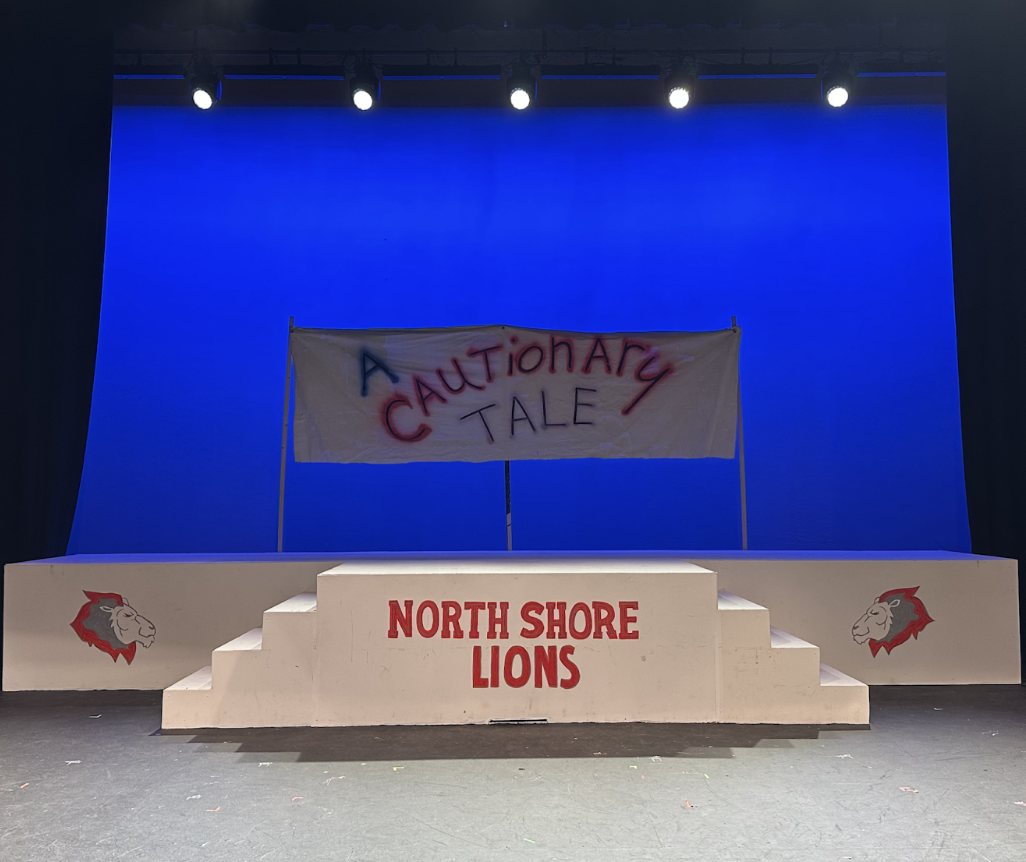Deep in the heart of McCain Chapel, light penetrated into the darkness of the night beyond. Amid the softened babble of voices within, a single note sighed off a violin. The audience settled into fidgety silence, broken by coughs and whispers, as the orchestra tuned and prepared their instruments. On stage, the chorus lined up, and the orchestra quieted. The audience waited. Messiah was finally at hand.
This has been the scene on the Friday evening marking the beginning of the holiday break for as long as anyone can remember. It will no doubt be the scene once again this evening at 7 p.m. in McCain Chapel.
Messiah, composed approximately three centuries ago by George Frideric Handel, is the most widely known of his oratorios—musical adaptations of Biblical texts. This particular oratorio, based on the Old Testament Messianic prophecies and the later accounts of the life of Jesus found in the Gospels, is relayed primarily through a chorus.
“The piece is so wonderful,” said musical director of choral music and conductor of the Messiah performance, Fred Scott. “It can withstand centuries and centuries of singing and still sound fresh.”
Though not nearly as old as the Messiah itself, the school has certainly acted as a testament to the longevity of the piece.
“Messiah’s been here for longer than I have,” said junior alpha-omega Julie Benedict. “And that’s saying something.”
For Scott, this year marked his second time conducting Messiah at Westminster.
“[I have] been working on Messiah now for about 45 years,” said Scott. “I really wasn’t sure what I should expect.”
One of the main uncertainties of performing Messiah at Westminster is the introduction of singers other than students into the mix.
“Everybody kept saying, ‘Friday morning, you’ll look up and there will be hundreds of people that you’ve never seen before,’” said Scott. “They will not have come to rehearsals, and they’ll just sort of wing it. Doesn’t that petrify you?”
Scott, however, was unfazed by the peculiarity of this tradition.
“One of the things we try to do,” said Scott, “is to make sure that we fix the piece in the same way every year. It would be easy for you to come back, walk right in, and sing it easily. I think that’s what’s valuable about it.”
In order for this continuation through generations to occur, the teaching process must begin somewhere, which usually means in the high school chorale room.
“We first work on the rhythm and accuracy of pitch,” said Scott. “Then we add the text to that foundation, and we investigate what [the]text means. Then, we add more and more layers of color, which we set by dynamics, accomplished by changing the levels of certain choral sections.”
This progression from rhythm and text to color and dynamics remains relatively unchanged every year. The goal of this consistency is to solidify the perennial nature of the piece.
“All I have to do,” said Scott, “is try to get the notes right, and if we can do that every year, then you could come back and you’d be right at home.”
Another annual part of the Messiah process is the solo auditioning process.
“[The audition involves] performing the song for three judges from outside of Westminster,” said junior soloist Kunal Kamath. “ Some are professional opera singers, some are very prestigious vocal coaches.”
These judges seek out certain necessary traits in the auditions.
“The singers have to have a big sound to project into McCain,” said Scott, “and they have to look as if they believe the music.”
If commended by the judges, a vocalist becomes a Messiah soloist, an elite position in the performance.
“Being a soloist is really pretty awesome,” said Kamath. “It’s a pretty high honor.”
After the soloist auditions, the long hours of practice, and the bulk of the other general preparations, Messiah hits a point at which it begins to resemble a finished product.
“Right around Thanksgiving, we have four rehearsals where everybody sings together for the first time,” said Scott, “and we have to go back and make sure that the way everybody learned it has coalesced, and boom—we’re ready to go.”
With the finished product refined and solidified, the chorus will stand on the stage of McCain Chapel with the orchestra below on this meditative tonight. Then, with a flick of Scott’s wrist, it will begin. Countless Westminster generations, from students to trustees, will sit and hear Messiah, fulfilling the school’s timeless holiday tradition.

